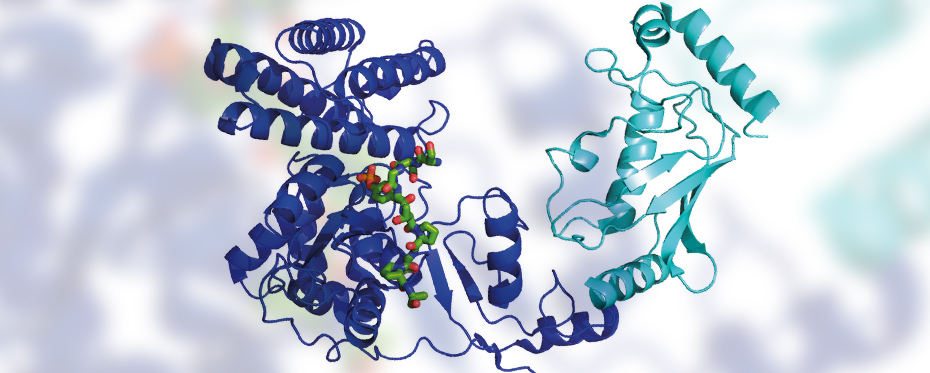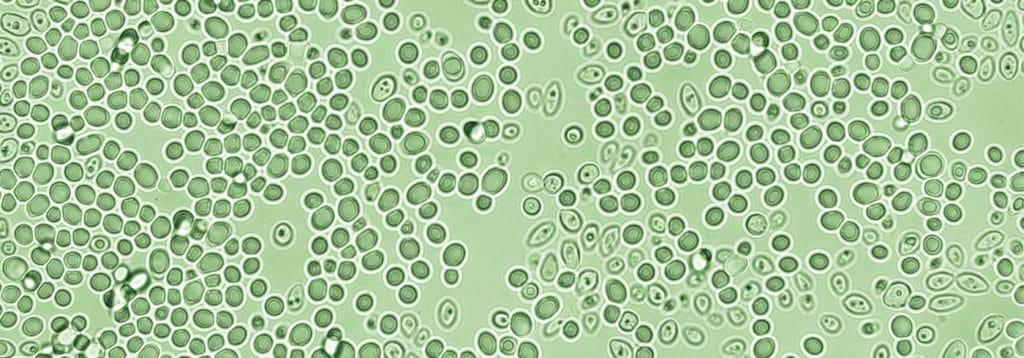Tag: enzymes
Evolutionary theory: Debating the origins of our DNA

For over a decade, Mr Shaojie Deng of Chongqing Municipal Bureau of Planning and Natural Resources, China, has been formulating and more recently presenting his new evolutionary theory to the academic world. Over time his thought processes too have evolved with his most recent manuscript centring around the stable complex model as an explanation for the evolution of enzymes and […]
Read More… from Evolutionary theory: Debating the origins of our DNA
How oxidative stress contributes to neurodegenerative diseases

The human brain relies on a constant energy supply that when compromised, neurodegenerative disease ensues, initially disrupting nerve cell communication followed by nerve cell death. Paul Hyslop and Michael Chaney investigate fundamental mechanisms driving neurodegenerative disease, to identify therapeutic interventions. They focus on how an enzyme integral to energy supply to nerve cells, glyceraldehyde-3-phosphate dehydrogenase (GAPDH) – is inhibited and […]
Read More… from How oxidative stress contributes to neurodegenerative diseases
Artemis:DNA-PKcs: A new drug target for cancer treatment?

Cells encounter DNA double-strand breaks (DSBs) every day. Because they can lead to loss of genetic information, DSBs must be repaired. Nonhomologous DNA end joining (NHEJ) is the major pathway for repairing DSBs, and the key enzymes include Artemis nuclease and DNA-dependent protein kinase catalytic subunit (DNA-PKcs). For the first time, Dr Go Watanabe and his team from the University […]
Read More… from Artemis:DNA-PKcs: A new drug target for cancer treatment?
Exiguobacterium degradation of polystyrene: Enlisting bacteria in the war against plastic

Polystyrene is a chemically stable recalcitrant plastic that pollutes many natural environments. Unfortunately, few mechanisms can break down this man-made polymer into its naturally occurring components. Research into the polystyrene-digesting capabilities of the bacteria genus Exiguobacterium sp RIT 594 by Dr André Hudson and his team at the Rochester Institute of Technology in New York, USA, has uncovered the specific […]
Disruption of amyloid β-protein processing drives Alzheimer’s

In the study of familial Alzheimer’s disease, a specific form of amyloid β-protein (Aβ) found in amyloid plaques has been the focus of many investigations as a key driver of disease. However, increased concentrations of this form of Aβ does not always occur with disease-causing mutations, suggesting a different step in Aβ processing could be triggering Alzheimer’s. Professor Michael S. […]
Read More… from Disruption of amyloid β-protein processing drives Alzheimer’s
How ubiquitin determines the fate of our proteins

Regulation of the multitude of protein-protein interactions that take place in the cell is essential. HECT E3 ubiquitin ligases play an important role in regulating protein functions and maintaining cellular health. However, many questions about their biological functions remain unanswered. Working at the interface of biochemistry and biophysics, Dr Donald Spratt from Clark University in Massachusetts, uses NMR spectroscopy to […]
Read More… from How ubiquitin determines the fate of our proteins
DNA untangled: Topoisomerase enzymes remove our genetic knots

Topoisomerases are enzymes that are abundantly present in our cells and can temporarily cut and rejoin our DNA to remove knots and tangles that form during important biological processes. If they fail to do their job, cells may die. Some anti-cancer and anti-bacterial drugs alter this natural process to eliminate unwanted cells. Dr Neil Osheroff, professor of Biochemistry and Medicine […]
Read More… from DNA untangled: Topoisomerase enzymes remove our genetic knots
From beer to brains: how yeast molecular genetics prove the importance of introns

Scientific discoveries often come from the most unlikely of places, and Dr Tracy Johnson’s work is no exception. Using a yeast system typically used to make beer or bread, Dr Johnson and her team at UCLA have uncovered important genetic findings that could highlight the importance of intron retention during gene expression. Her research looks at the science of gene […]
Read More… from From beer to brains: how yeast molecular genetics prove the importance of introns